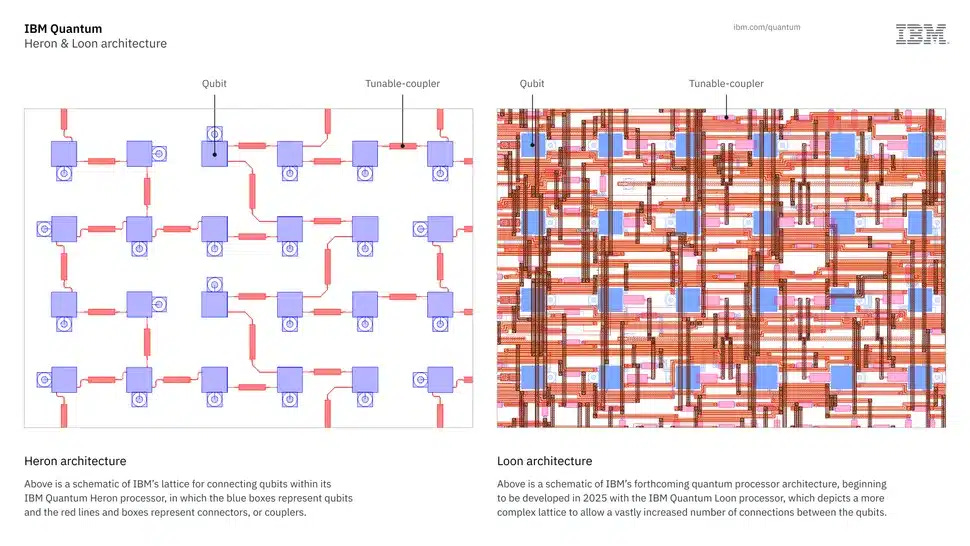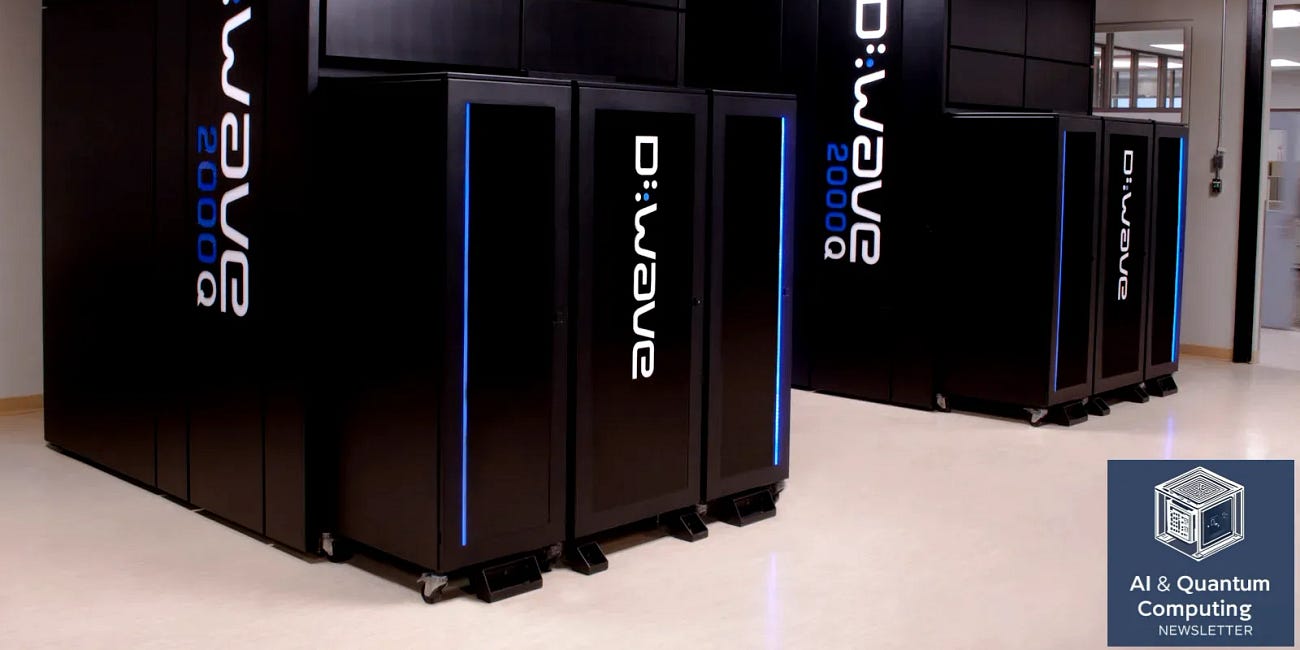A Historic Turning Point for Quantum Computing? IBM Announces That It Has Overcome the Biggest Obstacle to Large-Scale Quantum Computing.
Close-up.
For years, we have been promised that consumer quantum computers are just around the corner. But for 30 years, it has been the same story: the finish line keeps getting pushed back. This time, however, it seems that the finish line may not be so far away, if IBM is to be believed.
IBM has announced a breakthrough that could change everything. According to its researchers, they have just reached a major scientific milestone: solving the biggest bottleneck in quantum computing, error management.
An ambitious announcement, certainly, but one based on two new studies published in early June 2025 on the arXiv preprint server:
“Improved belief propagation is sufficient for real-time decoding of quantum memory”
“Tour de gross: A modular quantum computer based on bivariate bicycle codes”
Through a new error correction method called quantum LDPC (Low-Density Parity Check), IBM believes it has found the key to transforming quantum computers from laboratory toys into powerful, reliable, and usable industrial machines.
The real problem with quantum computers remains error management
To understand the impact of this breakthrough, we must first understand the Achilles’ heel of quantum computers: calculation errors. Unlike classical bits (0 or 1), qubits, the basic units of quantum computing, can exist in multiple superimposed states. This allows them to theoretically perform ten times better... but also makes them extremely unstable to manipulate.
The slightest noise, change in temperature, or electromagnetic disturbance can cause a qubit to flip into an erroneous state. As a result, calculations quickly become inaccurate or even unusable. Until now, this fragility has prevented any hope of designing a reliable, large-scale quantum machine, i.e., one that is fault-tolerant.
LDPC: a new method for correcting errors
This is where IBM's great promise comes in. Thanks to new quantum LDPC correction codes, each logical qubit (used for computing) can now be protected by a much smaller number of physical qubits (used to secure data against errors).
In practical terms, this means that quantum computers can scale up without being overwhelmed by their errors. IBM claims that this method is nine times more efficient at scaling than previous techniques and that the system can handle errors 90% faster.
IBM is planning machines for 2029 and 2033
The result will be two machines of a completely new kind:
Starling (planned for 2029): 200 logical qubits, protected by approximately 10,000 physical qubits, for a total of 100 million possible quantum operations.
Blue Jay (expected in 2033): 2,000 logical qubits, or 1 billion quantum operations.
As a reminder, current machines run around 5,000 quantum operations, with a much more limited number of qubits. In other words, if IBM succeeds, the leap in power would be several orders of magnitude.
What does this mean in practical terms?
Why is this announcement so important? Because, according to IBM, it marks the end of the scientific barrier. Until now, we simply did not know how to develop quantum architectures without the error rate making any calculations impossible.
“Science has solved the problem,” says Jay Gambetta, vice president of IBM's quantum division. The challenge is now technological, rather than theoretical: to build, integrate, and perfect. This is a symbolic transition that ushers quantum computing into a new era, one of practical application.
A new architecture for a new world
These future machines will be based on a new hardware platform called Loom, which succeeds the current Heron architecture. To prepare developers and researchers for these new computers, IBM has already launched Qiskit 2.0, an open-source programming environment.
The goal? To enable the creation of quantum algorithms capable of harnessing this unprecedented power. Because once the errors have been corrected, we will need to know what to do with this power.
Are we (finally) heading toward quantum supremacy?
For years, the idea of a “quantum advantage”—where quantum computers would outperform classical machines on concrete problems—has remained hypothetical. A few isolated demonstrations have been made (notably at Google), but they concern calculations with no real-world application.
With Starling, then Blue Jay, IBM hopes to move beyond this experimental stage. If the machines live up to their promise, it could pave the way for revolutionary advances in molecular modeling, chemistry, logistics optimization, and artificial intelligence.
Final Thoughts
IBM claims loud and clear that it has removed the main obstacle to quantum computing. According to IBM, LDPC codes make it possible to scale up without an explosion in error rates. IBM plans to release two machines, one as early as 2029, with unprecedented computing power. This could finally mark the beginning of the large-scale quantum era, after decades of broken promises.
Rather Than Embracing the AI Revolution, Apple Prefers to Disparage Its Competitors’ Most Popular Models.
Everyone has noticed that Apple has already fallen behind its competitors in the field of AI. Apple is not alone in this situation, as Facebook is also experiencing similar issues. That's why Mark Zuckerberg has decided that Meta will make a “significant” investment in the artificial intelligence start-up Scale AI, valuing it at $29 billion, a sign that…
Quantum AI: A Technological Revolution at the Crossroads Between AI and Quantum Computing.
Quantum AI is at the heart of this newsletter, which I've been developing for a few months now, as it is the fruit of the encounter between quantum computing and artificial intelligence. Quantum AI promises to overcome the limitations of classical AI by harnessing the unparalleled power provided by qubits.
D-Wave's Quantum Computer Solves a Previously "Impossible" Problem in a Matter of Minutes.
Whenever major new advances are made in quantum computing, you're used to seeing the names of tech giants like Google, Microsoft or IBM pop up. If it's not them, it's up-and-coming Chinese giants who are making the buzz. Today, the headlines in the world of quantum computing are monopolized by a company with less stock market clout, but which presents i…




